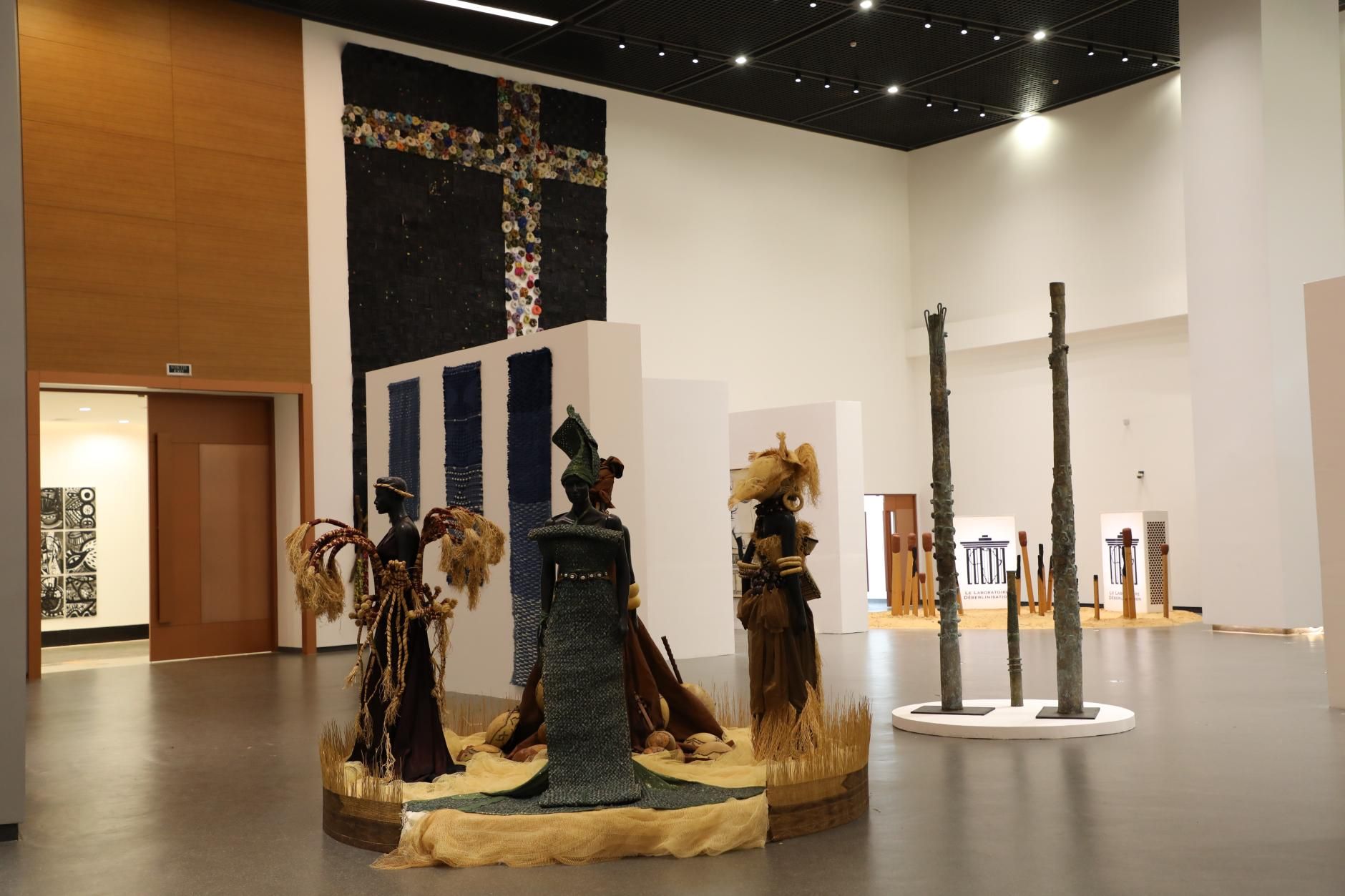Kwabena Adu Koranteng Interrogates
As the cedi gains ground against the U.S. dollar, the Bank of Ghana’s aggressive intervention in the forex market has sparked a heated national debate. Is the Central Bank ensuring stability—or quietly manipulating the market for short-term gains?
Massive Gold-Backed Injection
Earlier this month, the Bank of Ghana (BoG) announced plans to inject $1.15 billion into the forex market under its Domestic Gold Purchase Programme (DGPP)—a bold effort to stabilize the local currency amid persistent external pressures.
If fully implemented, this will push total forex injections for 2025 to over $2.5 billion. The apex bank says the funds will be distributed through twice-weekly, price-competitive spot auctions open to all licensed banks.
Following the announcement, the cedi appreciated by about 2.5%, signaling renewed investor confidence. Many analysts now expect further strengthening of the local currency in the final quarter of 2025.
“The framework we operate is flexible exchange rate management. We only intervene to smoothen excessive volatilities.”
— Dr. Johnson Asiama, BoG Governor
IMF and World Bank Raise Red Flags
The IMF and World Bank have both urged Ghana to scale down its footprint in the FX market and let the cedi’s value reflect supply and demand. They warn that heavy-handed interventions could distort market signals and drain liquidity needed for essential imports.
Yet, the BoG appears unfazed. Instead of loosening its grip, it has tightened forex controls, cutting off some corporate access to hard currency. Ironically, these interventions have delivered one of the strongest cedi performances in recent years.
Ghana’s international reserves now exceed $10.7 billion, enough to cover 4.5 months of imports—a milestone the IMF itself described as “exceeding program targets.”
Still, the central question persists: Can Ghana sustain this level of intervention without creating new risks?
Political Firestorm over BoG Spending
NPP Member of Parliament for Akyem Swedru, Kennedy Osei Nyarko, has accused the government of “economic waste,” claiming that over $4.55 billion has been injected into the forex market since January 2025.
According to him, these funds could have financed multiple major infrastructure projects — including the Accra–Kumasi Road, Eastern and Western Railway Lines, and the Winneba–Cape Coast highway.
He described the interventions as “repeating past mistakes that weakened Ghana’s economy.”
“$4.5 billion could have transformed Ghana’s infrastructure. Instead, we are burning it defending a currency that keeps falling.”
— Kennedy Osei Nyarko, MP
The Economic Divide: Stability vs. Sustainability
IMF data show that in the first quarter of 2025, BoG injected $1.4 billion, strengthening the cedi from GH¢16 to GH¢10.40 per dollar. The move reduced inflation and eased interest rates—but critics argue the gains may be artificial and short-lived.
Economists are divided:
• Supporters believe interventions curb volatility, protect consumers, and anchor investor confidence.
• Skeptics argue they mask deep structural weaknesses—including Ghana’s narrow export base, high import dependence, and fragile fiscal discipline.
If interventions stabilize inflation and create conditions for growth, they may be justified. But if they merely delay market corrections while consuming reserves, they risk becoming monetary manipulation dressed as policy.
BoG’s Defense: “We’re Managing Volatility”
At the IMF–World Bank Governor Talk Series in Washington, BoG Governor Dr. Johnson Asiama pushed back against accusations of manipulation.
He said Ghana’s “lumpy foreign payments”—including billions to Independent Power Producers and bondholders—had drained liquidity between the second and third quarters of 2025, requiring temporary support.
“The idea,” he said, “is not to fix the cedi at a particular rate, but to prevent violent swings that destabilize the economy.”
Beyond Gold and Dollars
The Bank’s gold-backed forex model has been hailed as innovative—allowing the BoG to raise dollars without depleting reserves. But the strategy still depends heavily on commodity exports, leaving the economy vulnerable to swings in global gold prices.
Long-term resilience, economists say, will depend on Ghana’s ability to diversify exports, expand manufacturing, and develop non-commodity foreign exchange sources.
A Delicate Balancing Act
The BoG’s actions may bring short-term calm, but the question remains whether this is true stability or merely controlled fragility.
In the end, whether the Bank’s interventions are prudent monetary management or market manipulation will be judged not by intentions, but by the results Ghana faces in 2026.
“The BoG’s gold-backed forex strategy may steady the cedi today—but its sustainability tomorrow depends on how quickly Ghana diversifies its economy.”
Share Us



